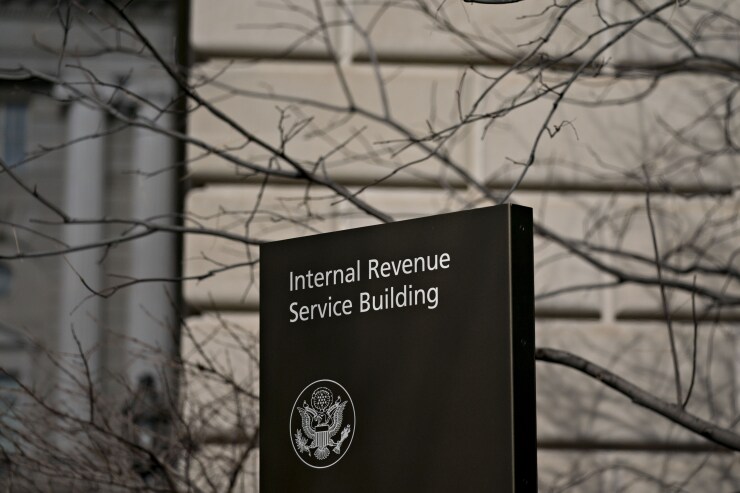IRS pilots new phase in corporate tax compliance program

The Internal Revenue Service is making some changes in its Compliance Assurance Process program, testing out a new option to address complaints from participants.
The IRS said Monday that it has begun piloting a new Bridge Plus phase for large corporate taxpayers that were enrolled in the so-called Bridge phase of the CAP program last year and were recommended to participate again this year. It offers some extra flexibility for big businesses that want pre-approval from their IRS on their tax strategies.
CAP is a cooperative pre-filing program for large corporate taxpayers that started in 2005 as a way to resolve tax issues through open, cooperative and transparent interactions between the IRS and taxpayers before they file a return. The IRS made a number of changes to the program in 2019 to improve operations and make the best use of limited IRS resources. Part of the change involved development of the Bridge phase in CAP, reserved for companies whose risk of noncompliance doesn’t merit continued use of IRS compliance resources.

Andrew Harrer/Bloomberg
However, one drawback of this option is that during the Bridge phase, the IRS won’t accept any disclosures, do any reviews or offer any assurances to companies. The IRS admitted that during the past three years since the inception of this option, the IRS has heard consistently from companies that participating in the Bridge phase deprives them of the most important benefit they see in CAP — review by the IRS. That’s essentially what gives them the assurance that the IRS won’t later call them out on the tax strategies they’re using.
Thanks to this feedback, the IRS has now developed Bridge Plus, essentially a new pilot phase in which taxpayers will need to provide book-to-tax reconciliations, credit utilization and other supporting documentation shortly after their audited financial statement is finalized. An IRS team will then risk-assess the documents to determine if the taxpayer is suitable for the Bridge Plus phase.
Taxpayers accepted into this new phase will have to submit a draft return 30 days before filing. An IRS team will then review the return for consistency with the company’s previous submission. If the draft return is consistent, the taxpayer will be asked to file a return. If the filed return is consistent with previous submissions, the company will be issued a full acceptance letter.
The pilot will be available only to CAP participants that were part of the Bridge phase for 2022 and have been recommended to participate in Bridge again in 2023. Acceptance will be based on input from a several IRS Large Business & International practice areas as well as the low-risk determination.
In keeping with its original purpose, CAP is a voluntary process where eligible taxpayers agree to engage in open, transparent and cooperative relations with the IRS. The shortened timeline of Bridge Plus depends on timely responses, cooperation and full transparency. The IRS will let CAP taxpayers know if they are eligible to participate in the pilot.


